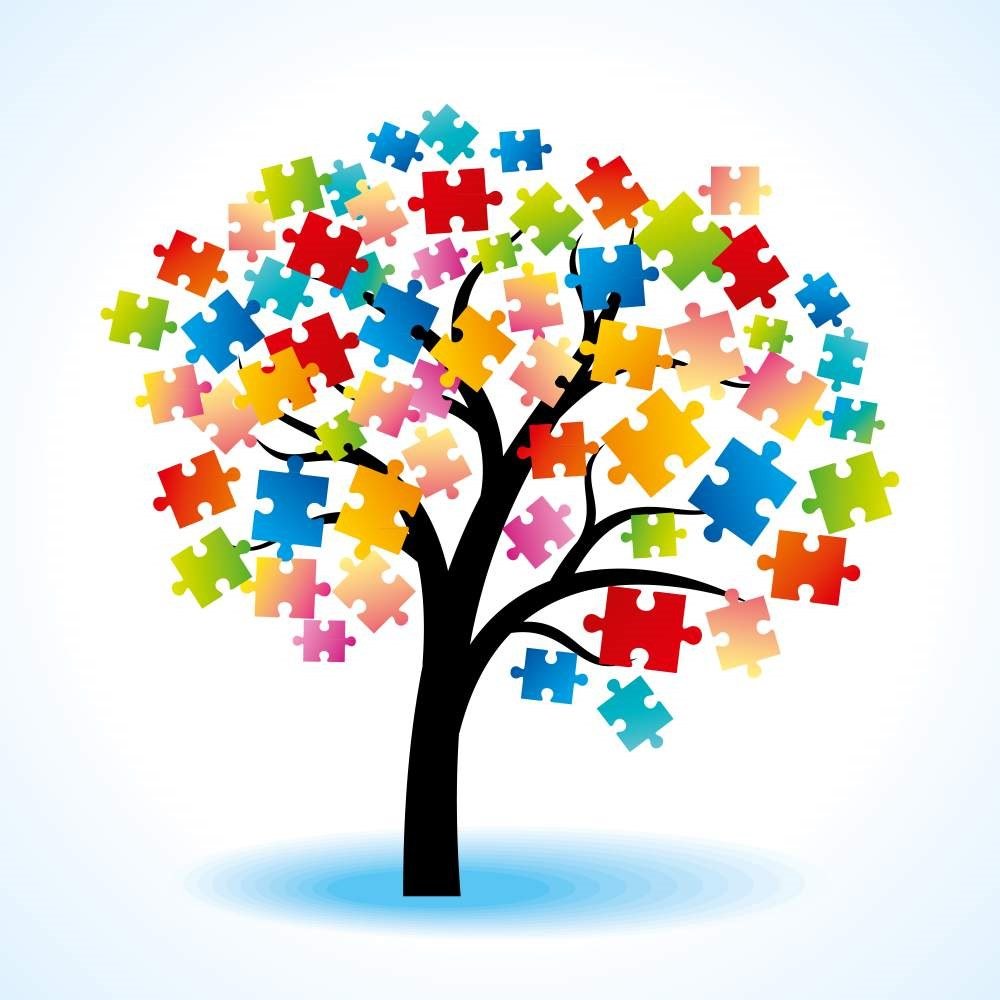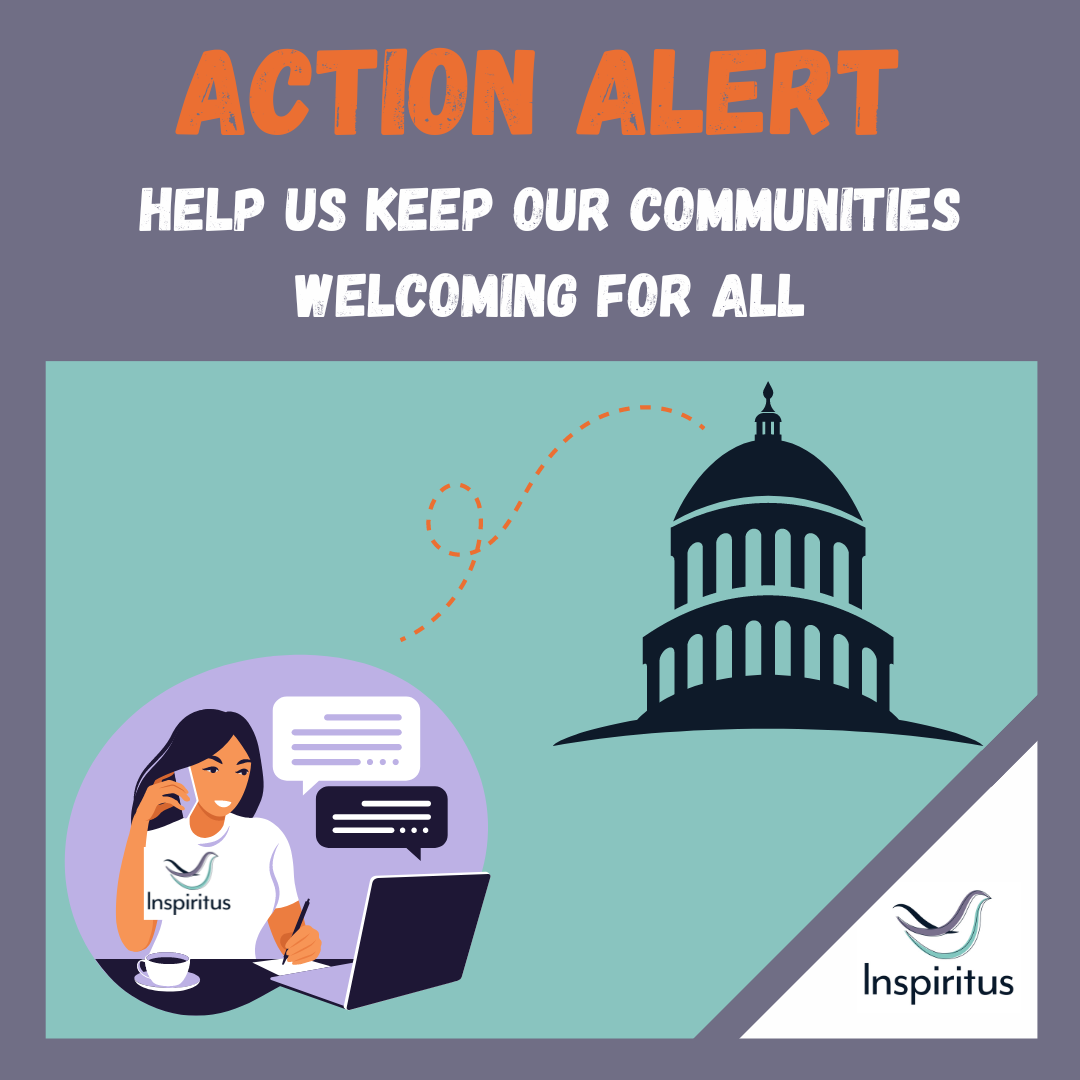LSG Volunteer Brings Hope to Immigrants Held in Detention Facility
/Once a month, volunteers of varying ages and different backgrounds come together to make the two-and-a-half hour trip to Lumpkin, Georgia to visit detainees being held at Stewart Detention Center. These volunteers give their time and open their hearts to bring hope to immigrants who are facing an uncertain future.
The detainees at Stewart and other Immigrant Detention Facilities around the country are affected by what advocates call a flawed policy of mandatory detention for immigrants who may have only committed civil, not criminal, violations. These immigrants are subject to the harsh conditions while awaiting deportation or approval for asylum. Lutheran Immigration of Refugee Services (LIRS) estimates that there are more 400,000 immigrant detainees housed in the U.S.
The immigrants who are fortunate enough to have friends and family in Georgia see them very infrequently while detained. Typically the travel from Atlanta to Lumpkin takes around two-and-a-half hours, making it difficult for family members and friends – who may not even have their own transportation - to make the trip to visit a loved one in detention. That’s why the Friends in Hope program is so important – it brings compassionate visitors to those who need to experience a warm, caring human connection and a friendly face.
Jenna Barone is one of LSG’s Friends in Hope volunteers. She’s been involved with Friends in Hope for a few months, visiting the detention center twice. In an interview, Jenna shares her experiences as a Friends in Hope volunteer.
What fueled your desire to help refugee and immigrant populations in particular?
Jenna: I had an Americorp internship when I first moved to Atlanta four years ago where I helped set up sustainable food programs for refugees who were resettled in Clarkston. This helped give me insight into the needs of this population and how the public systems we have in place are not enough to help them get by. My desire to help this particular population comes from the fact that every human being has the right to live in a safe environment and have access to resources, like food and water, and I want to personally help make sure that every human has access to these basic human rights.
Why did you decide to get involved with Friends in Hope - visiting immigrants in the detention facility? Why do think this is an important area of service?
Jenna: People who are detained already have a host of people working against them and being confined and away from loved ones can exacerbate the feelings of despair and hopelessness. I felt personally affected by the way my country was treating immigrants in these facilities. I felt it was important for these immigrants in detention to have people talking to them. They probably don’t have a great sense of hope and wanted to do what I could to help alleviate hopelessness.
What is a visit to the detention facility like?
Jenna: It's stark. It's pretty much a maximum security prison. The guards are often cold and unfriendly - that surprised me that they treated me that way. There is a lot of waiting and sometimes they'll allow you to read or write, other times they don't allow you to bring anything inside of the facility. So once you enter in the doors, you are almost as much on lock down as the people behind the glass. Sometimes they take you into a room where there are stalls and multiple people talk in one room. Other times you are in a private room. The visits last for one hour.
Any stories or people that made an impression while on a visit that you’d like to share?
Some of the detainees know the process. They know that you are just there to lend an ear. But some of them think that you might be able to help them or give them legal advice or any advice on how to get out. That's the hardest part. You're so limited in what you can provide and you can see how desperate some of them are.
I talked to one man who had a harsher sentence because, not only did he break the law by being in the country illegally, but he was also charged with fraud and money laundering. It's hard to look at a person who has knowingly committed a crime and have sympathy for them, but this is the moment that you really feel like you are doing the best thing for them. Yes, they committed a crime and should be punished but that doesn't make them any less human. He shared stories of his kids and I shared stories of my family. We laughed! Something as simple as that can make profound changes in your life. It doesn't always happen but I do think it's worth trying.
What would you say to a new "Friends in Hope" volunteer?
Don't get discouraged. There's only so much you can do, but being there for them can make a big difference.
Friends in Hope visits for the remainder of 2016 are scheduled for Saturday, September 24; Saturday, October 22; and Saturday, November 19. If you are interest in learning more about becoming a Friends in Hope volunteer, please contact Melanie Johnson at 678-686-9619. or mjohnson@lsga.org.












